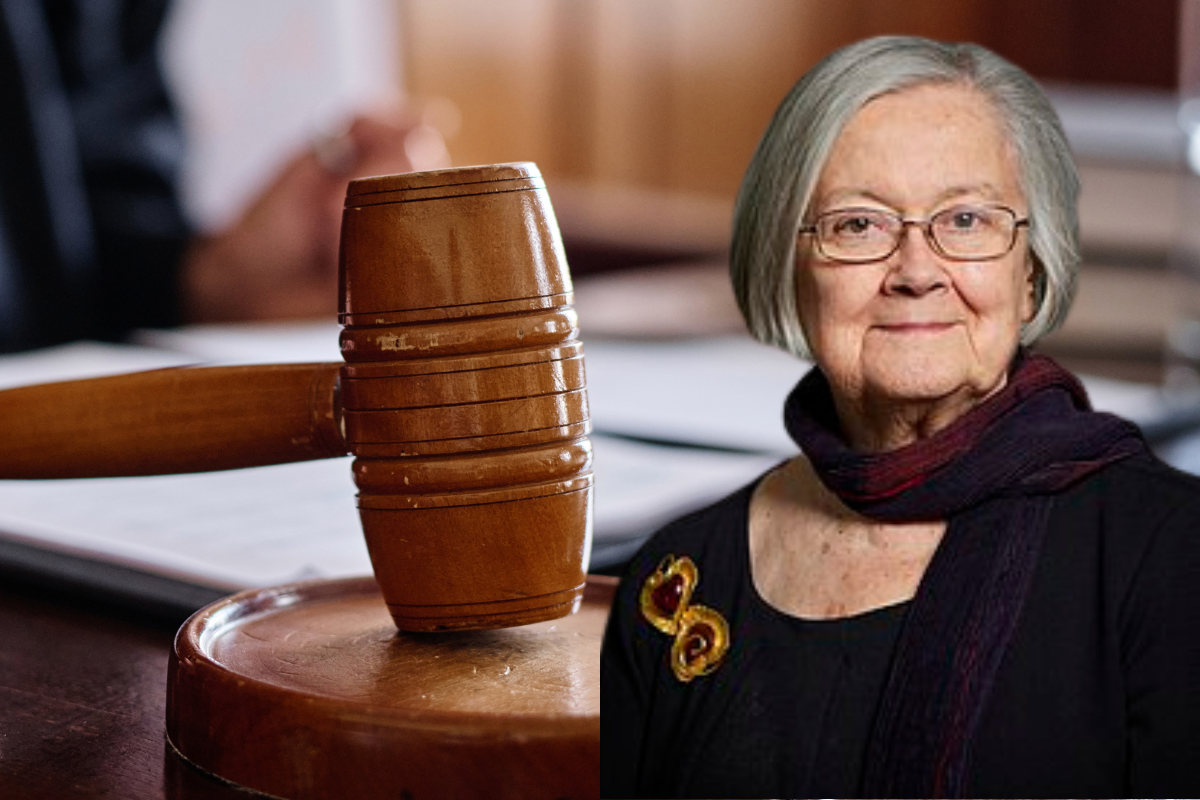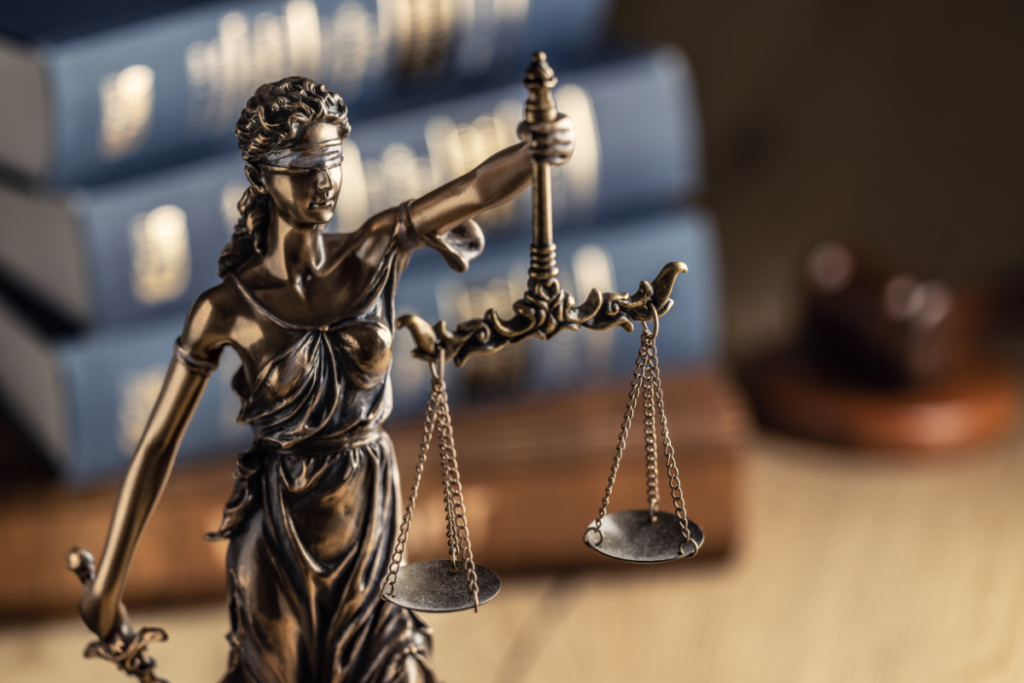After a decade of legal aid cuts, Baroness Hale, a former president of the UK’s Supreme Court, is worried. She fears that parents’ human rights are eroding in family courts. Hale, a respected legal figure, has warned of the cuts. They are leaving vulnerable parents without access to justice. This is especially true in child custody and protection cases.
The Legal Aid Crisis
Hale’s comments, made in a January 5, 2025 interview, highlight the human cost of the government’s austerity measures. Since 2010, funding for legal aid has been cut. It once helped low-income people facing serious legal issues. Critics say this has left many parents to navigate complex family law cases without legal help.
“The loss of legal aid is not just a financial issue, it’s a matter of justice,” said Baroness Hale, underscoring the significance of the cuts, particularly for parents involved in child protection cases.
For these parents, the stakes could not be higher—decisions made in court may determine whether they retain custody of their children or lose their parental rights altogether.
Impact on Vulnerable Parents
The former Supreme Court president is not alone in her criticism. Lawyers, child welfare advocates, and human rights groups warn that the cuts hurt lower-income and ethnic minority parents most. These individuals, with many social and economic barriers, must now fend for themselves in a complex, unforgiving legal system.
Without a lawyer, parents risk losing their right to challenge evidence against them. This could lead to unfair outcomes. “In family law, especially in child welfare cases, access to competent legal advice is essential,” said Catherine Reynolds, a solicitor specialising in family law. “Without it, parents cannot properly defend their rights or challenge the decisions being made about their children’s future.”
The Government’s Response
The government has defended the cuts as necessary. It argues that public funds must be spent on other priorities. However, critics contend that denying individuals access to a fair trial is a direct violation of their human rights. Many have pointed to the European Convention on Human Rights, which guarantees the right to a fair hearing under Article 6.
The government’s stance has led to a wave of criticism from the legal community, civil society, and former judges like Baroness Hale. Hale, in particular, has called for urgent action to reverse the cuts and restore funding for legal aid.
“The system was built to protect the most vulnerable, and this rollback threatens to undo that vital safeguard,” she said.
Wider Legal and Social Implications
Experts warn that the consequences of these cuts extend beyond individual cases. The family justice system, already under strain, may face further disruption if the rights of parents continue to be undermined.
In turn, children’s welfare could be jeopardised, as decisions made without proper representation may not reflect the best interests of the child. The cuts also reinforce broader social inequalities.
“When the most vulnerable cannot access justice, the entire system becomes less fair and less just,” Reynolds added. “It’s a fundamental problem that demands immediate attention.”
Baroness Hale’s comments have reignited the debate over legal aid in the UK. The government says fiscal constraints must come first.
But, Hale and other critics argue that protecting human rights, especially in family law, should be a top priority. The debate over legal aid continue.
It is unclear if the government will reform or stick to its current approach. For now, parents and families needing a lawyer face an uncertain, perilous future.



